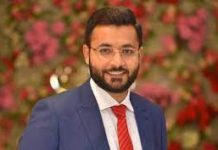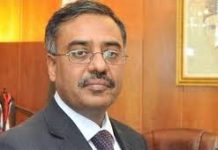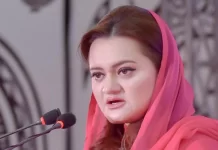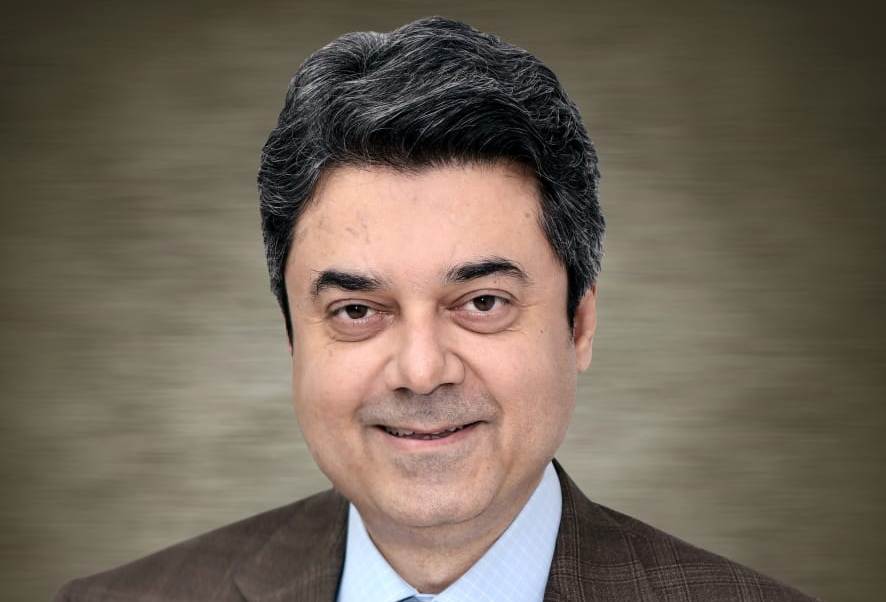ISLAMABAD: Children’s rights in Pakistan will be reviewed by the United Nations Committee on the Rights of the Child on May 25 and 26 in sessions that will be webcast live.
The discussions will take place at Palais Wilson in Geneva on Wednesday, May 25 from 15:00-18:00 (18:00-21:00 in Islamabad) and on Thursday May 26 from 10:00-13:00 (13:00-16:00 in Islamabad). The meetings are of public nature. Pakistan is one of the 196 States that have ratified the Convention on the Rights of the Child and therefore it is required to undergo regular examinations of its record by the Committee of 18 independent experts.
Committee members will hold discussions with a government delegation from Pakistan on how the Convention is being implemented. They will base their evaluation on the delegation’s replies, as well as information from civil society groups. Among the possible issues for discussion are execution of people for crimes committed when they were under 18 years of age, children on death row; Gender-based crimes, including female infanticide and ‘honour’ killings; Extremely low rate of birth registration; Protection of children; Protection of religious minorities from sectarian violence; Forced marriage; Forced conversion and prosecution under the cloak of blasphemy laws; Torture and ill-treatment of children in police stations and prisons; High rates of malnutrition; Children working in slave-like conditions in bonded labour; Protection of schools in view of attacks, especially non-religious and girls’ schools; Privatisation of education, growing number of private “madrassas” used by non-state armed groups to radicalize and recruit children; Prohibition and criminalization of recruitment of children under 18 years of age by State armed forces and by non-state armed groups such as for suicide bombing missions.
The Committee will hold a news conference on June 9 at the Palais des Nations in Geneva to discuss its findings on Pakistan and the other countries being reviewed, which include Samoa, Nepal, Slovakia, the UK, Gabon , Bulgaria and Luxembourg.









